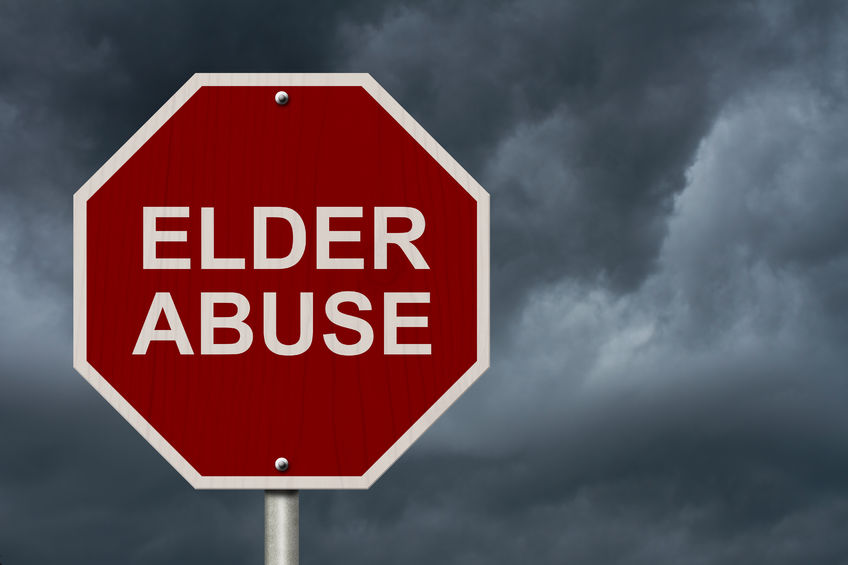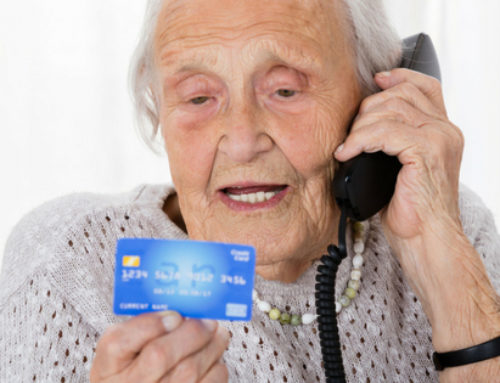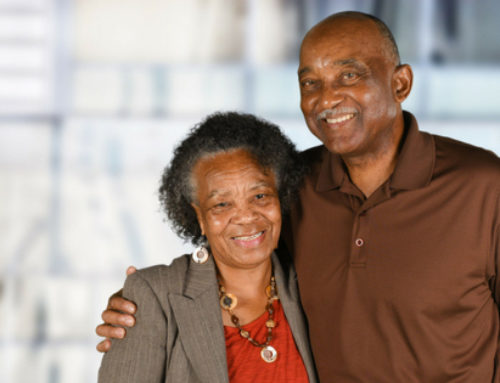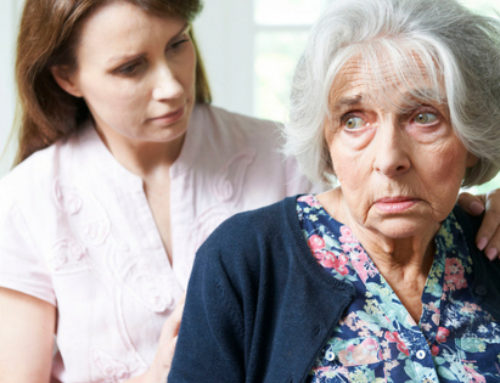Placing your senior parent or elderly loved one into a nursing home or other long-term care facility involves trusting an entire network of professionals to provide for their needs. From hygiene to daily tasks to medication to exercise and socialization, these facilities need to be well-staffed and full-service.
When so many people get involved, the risks for someone to behave improperly rises. It’s vital to keep your eyes open at all times for any signs of neglect or abuse on the part of these caregivers. Learn how to identify elder abuse, the signs and signals that can tip you off, and what to do if you are concerned something might be going on.
How to Identify Elder Abuse
According to the National Committee for the Prevention of Elder Abuse, any form of mistreatment that results in loss or harm to a senior qualifies as elder abuse. This could range from physical harm to financial exploitation to neglect to psychological or even sexual abuse. Each type of abuse is different, carrying different signs which can make it difficult to identify elder abuse.
Vigilance is key. Watch for any of the following signs:
- Unexplained cuts, bruises, scratches or marks.
- Injuries like broken bones or sprains, especially if it turns into a pattern of repeated injury.
- Sudden mood swings, including aggression, becoming withdrawn, fear and panic, anxiety, anger and embarrassment.
- An unwillingness to be touched.
- Fearful behavior directed at a caregiver or person at the facility.
- The staff attempts to keep you from being alone with the senior.
- Unexplained withdrawals from financial accounts, exorbitant “gifts” given to caregivers, missing debit cards, credit cards or checks.
- Poor hygiene, smells of urine or fecal matter, unsanitary living conditions, bedsores, malnutrition and unexplained medical conditions.
- Missed or improper medications.
- Any other suspicious circumstances, aggressive or abusive behavior towards the senior by staff.
What to Do if You Suspect Abuse
If you suspect that your senior is the victim of abuse, you should immediately seek help. If the danger is immediate or there are physical injuries involved, call 911 and get first responders involved. Otherwise, contact the local adult services department to file a report. They will interview you and conduct an investigation. They take such reports very seriously and will protect your confidentiality.
How to Protect Seniors from Abuse
One of the best things you can do to help protect seniors from abuse is to set up the right estate planning and elder services documents. A medical power of attorney, for example, gives you access to the senior’s medical records and the right to make medical decisions if necessary. A financial power of attorney will allow you to monitor their finances for signs of unusual withdrawals.
These sorts of documents can be essential to protecting your senior parent while they are in long-term healthcare facilities like nursing homes. Getting them set up properly requires the right experienced legal guidance. If this is a circumstance in which you find your Ohio family, contact the qualified attorneys at Stano Law for help and advice today.








Leave A Comment